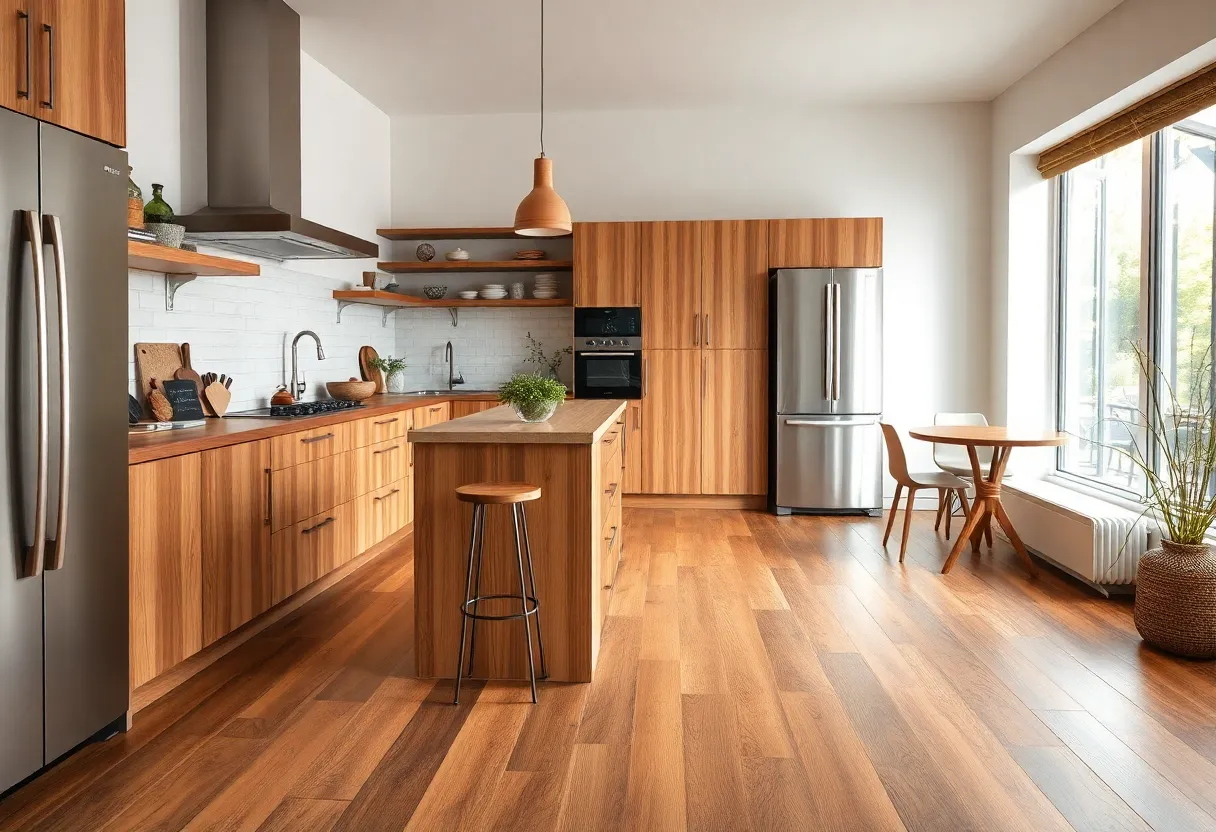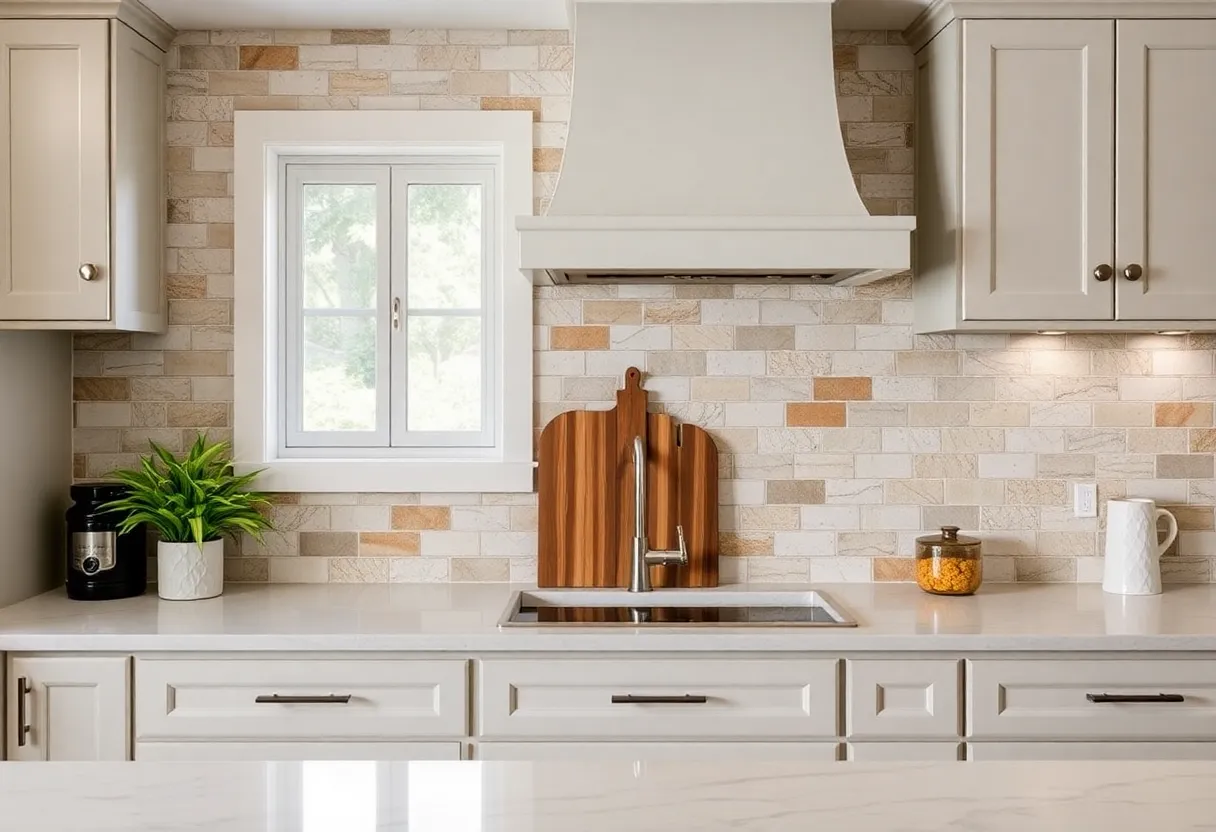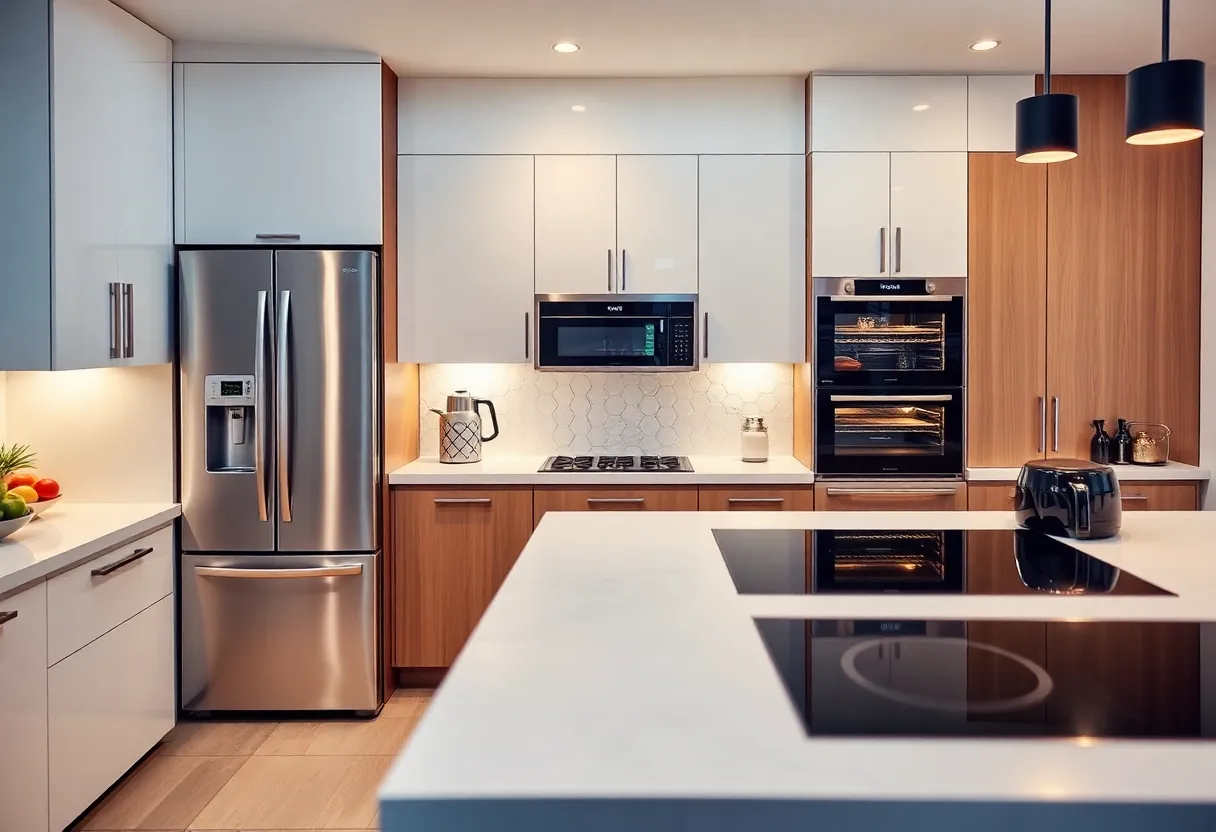How Much Does a Kitchen Renovation Really Cost? A Detailed Breakdown
Remodeling a kitchen is often considered one of the most significant home improvement projects a homeowner can undertake. However, understanding the kitchen renovation cost can be a daunting task. This article will break down the various components that contribute to the overall expense, offering clarity for those considering a kitchen overhaul.
The Average Cost of Kitchen Renovation
The average kitchen renovation cost can vary widely based on several factors. Typically, homeowners can expect to spend anywhere from $15,000 to $50,000. High-end renovations may exceed this range, depending on the complexity and materials chosen. To give a clearer perspective:
- Minor remodels can start at about $10,000.
- Mid-range remodels average between $25,000 and $50,000.
- Luxury renovations can easily exceed $100,000.
Factors Influencing Renovation Costs
Scope of the Project
The extent of the renovation plays a crucial role. A full remodel, which may include layout changes, may cost significantly more than a cosmetic update that focuses mainly on surface changes.
Labor Costs
Labor represents a substantial portion of the kitchen renovation cost. Depending on the region and the complexity of the work:
- Labor costs can range from $50 to $150 per hour.
- An average kitchen remodel might require 80 to 200 hours of labor.
Material Choices
The type and quality of materials chosen directly impact renovation costs. Here are some common materials and their approximate price ranges:
- Cabinetry: $100 to $1,500 per linear foot.
- Countertops: $40 to $200 per square foot, depending on material.
- Appliances: $1,000 to $10,000 and typically vary based on brand and features.
Kitchen Layout
Changing the kitchen layout can increase expenses due to plumbing, electrical, and structural adjustments. A simple update that uses the existing footprint will cost less than moving walls or relocating appliances.
Location
Geographic location significantly affects the kitchen renovation cost. Urban areas typically see higher prices due to increased demand for skilled labor and materials.
Cost Breakdown by Components
Cabinets
Cupboards can consume a major portion of the budget. The cost can vary widely:
- Stock cabinets: $70 to $200 per linear foot.
- Custom cabinets: can exceed $1,200 per linear foot.
Countertops
Countertops are central to kitchen aesthetics. Here’s a general guide:
- Laminate: $20 to $50 per square foot.
- Granite: $40 to $100 per square foot.
- Quartz: $50 to $150 per square foot.
Flooring
Flooring options can range from budget-friendly to luxurious:
- Vinyl: $2 to $10 per square foot.
- Tile: $10 to $40 per square foot.
- Hardwood: $10 to $20 per square foot.
Appliances
Modern appliances can greatly affect functionality.
- Basic models: $1,000 to $2,500.
- High-end models can start at $3,500 and climb to $10,000 or more.
Lighting
Good lighting enhances both utility and ambiance:
- Basic fixtures: $50 to $200 each.
- Designer and specialty fixtures: $300 to $1,000 or more.
Plumbing and Electrical Work
These are essential for a functional kitchen. They typically account for:
- Plumbing: $100 to $300 per hour for labor.
- Electrical work: $50 to $100 per hour for labor.
Design Fees
Hiring a designer can enhance the kitchen’s aesthetic and functionality.
- Design fees can range from $500 to $5,000 or more, depending on the project’s complexity.
Permits and Miscellaneous Costs
Regardless of the project’s scale, it’s essential to factor in permits and miscellaneous costs:
- Permits may range from $100 to $2,000, depending on the municipality.
- Unexpected costs can surge if issues arise during the renovation, potentially adding 10-20% to the original budget.
How to Manage Your Kitchen Renovation Budget
Establish a Realistic Budget
Before beginning, outline your maximum budget. Consider all necessary elements to ensure you don’t underestimate costs.
Prioritize Expenses
Focus on elements that provide the most value and impact. Quality cabinetry and countertops often yield the best return on investment.
Research and Compare
Get multiple quotes for labor and materials. Prices can vary significantly based on local suppliers and contractors.
Consider DIY for Minor Jobs
If skilled, consider DIY-ing smaller jobs like painting or installing hardware.
Contingency Fund
Always set aside a contingency fund for unforeseen expenses. 10-20% of the total budget is a good rule of thumb.
Conclusion
Understanding the kitchen renovation cost requires a detailed analysis of materials, labor, and other essential elements. By breaking down the various costs involved, homeowners can better prepare for the financial commitment of a kitchen renovation. This comprehensive approach not only helps in avoiding unpleasant surprises but also aids in making informed decisions tailored to individual needs and preferences.


